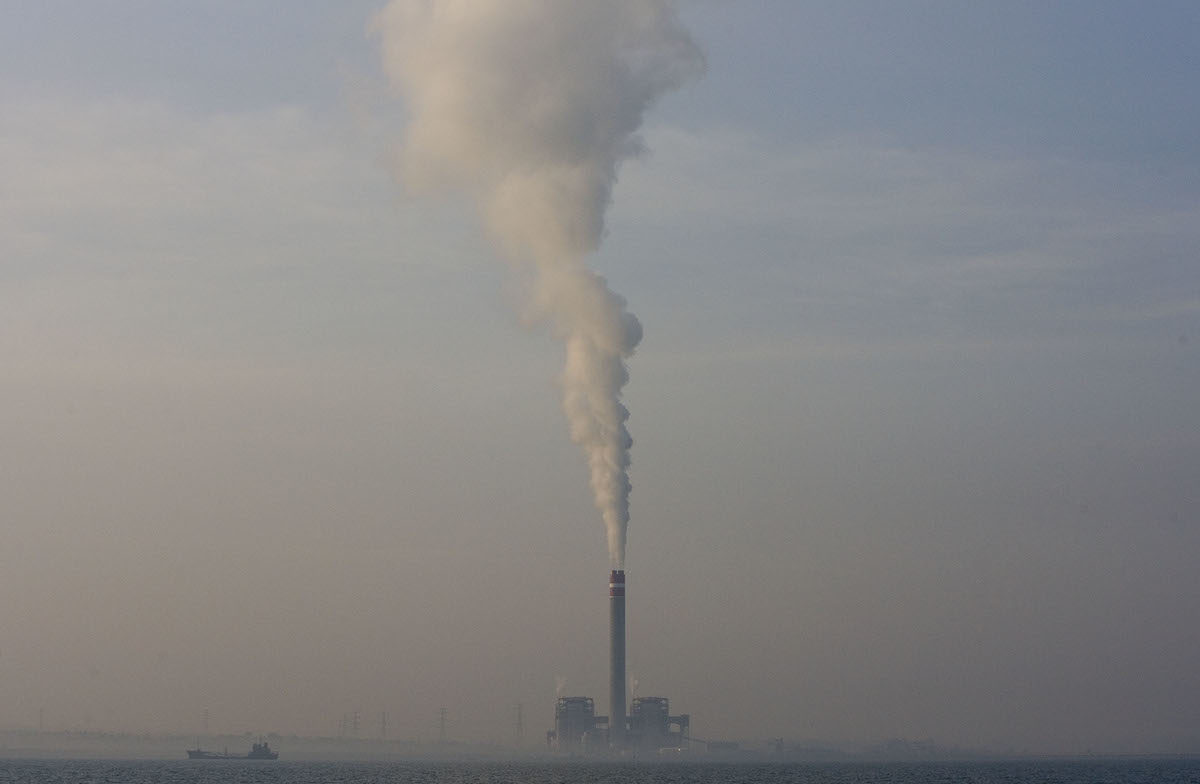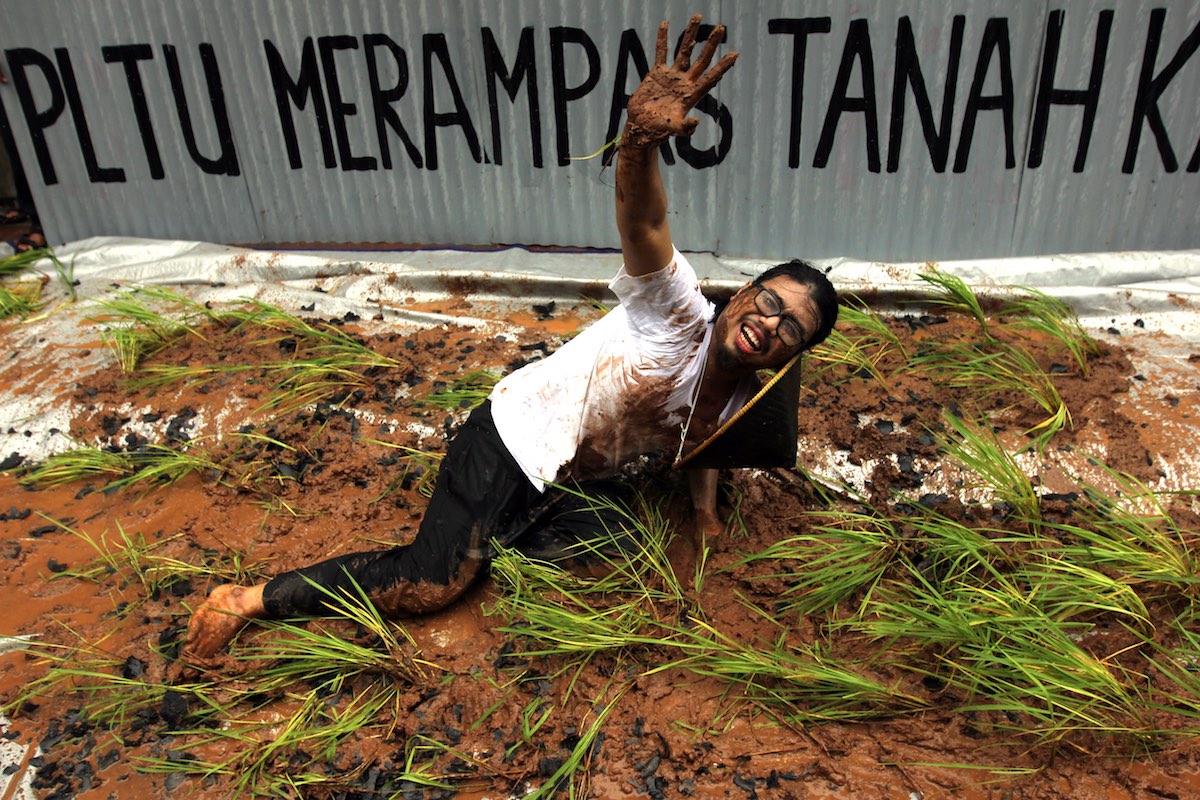- The financial close for the Tanjung Jati B coal-fired power plant expansion was announced on Feb. 27 by the Japan Bank for International Cooperation. Funding will be provided by eight Japanese and Singaporean banks.
- The $3.36 billion loan will finance the construction of two new 1,000 megawatt units at the plant, which is located in Central Java.
- The project has been the target of years of protests from both international and local activists, and two French banks backed out of the co-financing deal.
A consortium of Asian banks will provide US$3.36 billion in loans to support the expansion of the Tanjung Jati B coal-fired power plant project in the Jepara district of Indonesia’s Central Java province.
Plans to expand Tanjung Jati B are part of a broader initiative that aims to add 35,000 megawatts to Indonesia’s electrical grid by 2019. The government is relying heavily on coal to meet this ambitious goal, with 117 new coal-fired power plants planned.
The Tanjung Jati plant, and its expansion plans, have been the target of sustained protests from both local and international groups. The 2,640-megawatt plant began operating in 2006, and local fisherman say their catches —and, correspondingly, their earnings — have since declined.
The planned expansion will add another 2,000 megawatts of capacity, drawing protests from activists who say the expansion further threatens the health and livelihoods of the surrounding communities.

The financing agreement, announced last week, does not include two French banks which originally planned to provide loans to plant operator PT. Bhumi Jati Power (BJP).
Société Générale reversed plans to fund Tanjung Jati B in accordance with the bank’s October 2016 pledge not to fund projects that are incompatible with the Paris climate agreements. Crédit Agricole, which was previously part of the co-financing arrangement, also does not appear in the announced list of participating banks.
Both Société Générale and Crédit Agricole have been targeted by anti-coal protest campaigns in Europe.
The final loan agreement for the Tanjung Jati B expansion was approved Feb. 24 by the government-owned Japan Bank for International Cooperation (JBIC), with backing from the “big three” Japanese commercial banks —Mizuho Bank, Bank of Tokyo-Mitsubishi UFJ and Sumitomo Mitsui Banking Corporation — as well as other Japanese banks and Singapore’s OCBC.
“This loan supports an overseas infrastructure project in which Japanese businesses will participate as investors and become involved in its operation and management for a long time by taking advantage of the country’s advanced technology. It will contribute to maintaining and strengthening the international competitiveness of Japanese industries,” JBIC said in a press statement.
JBIC also noted that the newly constructed units will be “ultra-supercritical” – meaning they will employ technology that produces more energy per unit of coal than conventional power plants. As such, the bank said the loan “introduces efficient and environmentally friendly technology to Indonesia.”
OCBC spokesperson Koh Ching Ching told Mongabay the bank does not comment on specific loans. “We adopt responsible financing practices that include social and environmental due diligence,” she said. “Accordingly, we require that our borrowers comply with local regulatory requirements and international standards.”

Activists have condemned the involvement of international banks in funding the project.
“This is another big black mark for the Japanese government and for banks which are helping to build new coal power plants across Asia when doing so is totally incompatible with the Paris Agreement and a 2°C world,” Hozue Hatae, public finance and environment researcher for Friends of the Earth Japan, said in a press statement.
“All the financial institutions involved will share the responsibility for the climate and health impacts of this project. Instead of further deepening Indonesia’s dependence on coal for decades to come, they must rather help the country develop its huge renewables potential,” added Yann Louvel, climate and energy campaign coordinator for the NGO BankTrack.
FEEDBACK: Use this form to send a message to the author of this post. If you want to post a public comment, you can do that at the bottom of the page.







